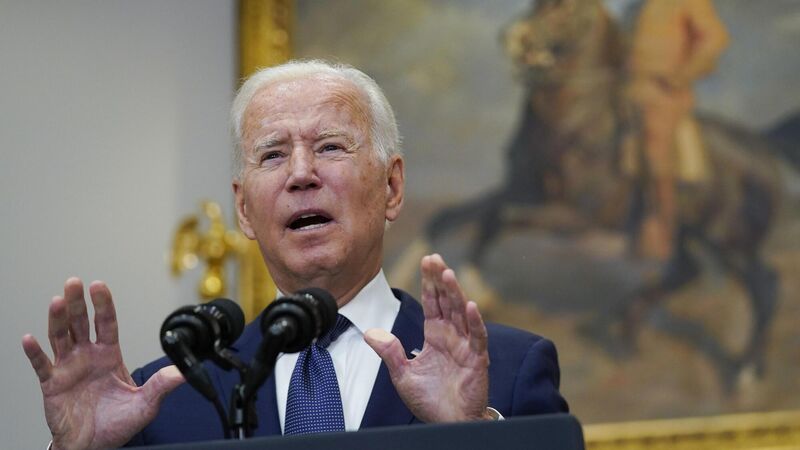US and EU pledge 30% cut in methane emissions to limit global heating

US President Joe Biden has asked other nations to join the EU-US pact.
The US and the EU have made a joint pledge to cut global methane emissions by almost a third in the next decade putting further focus on the world's farmers to cut reduce emissions from cattle.
US President Joe Biden has asked other nations to join the EU-US pact that aims to reduce methane emissions by at least 30% below 2020 levels by 2030.










